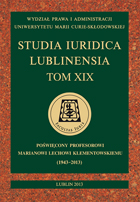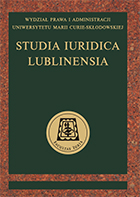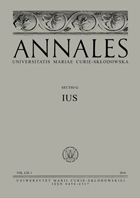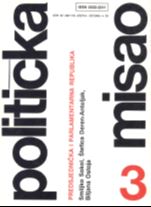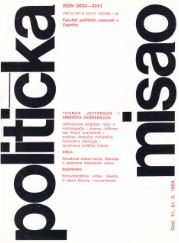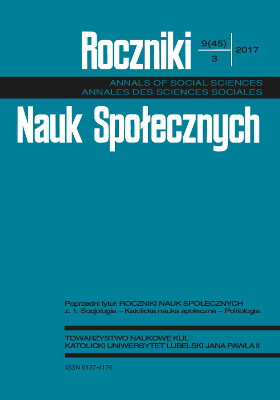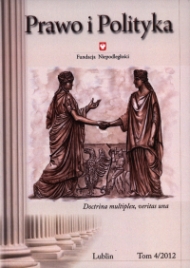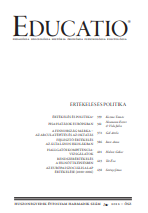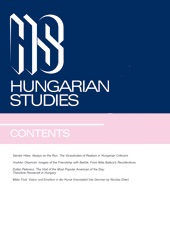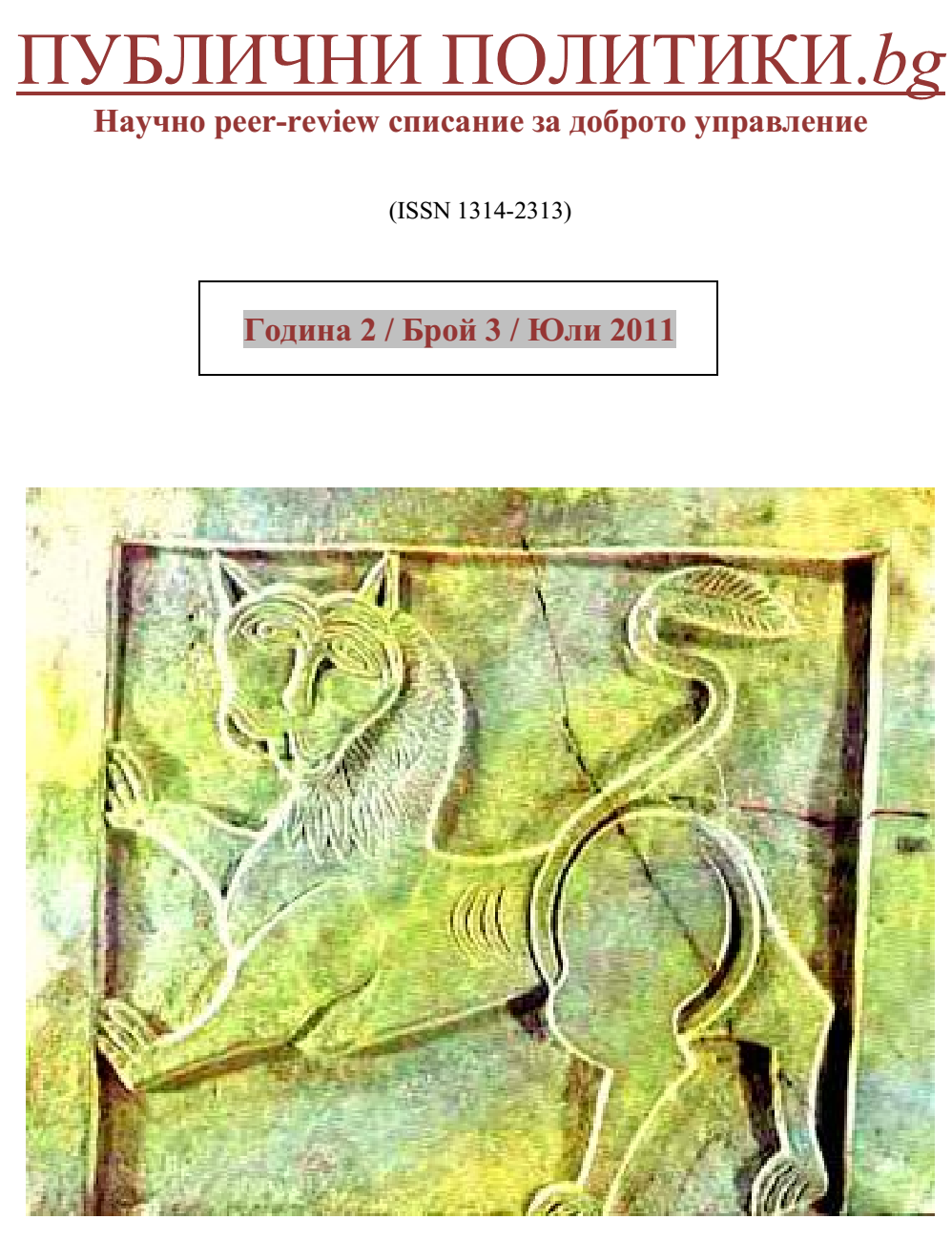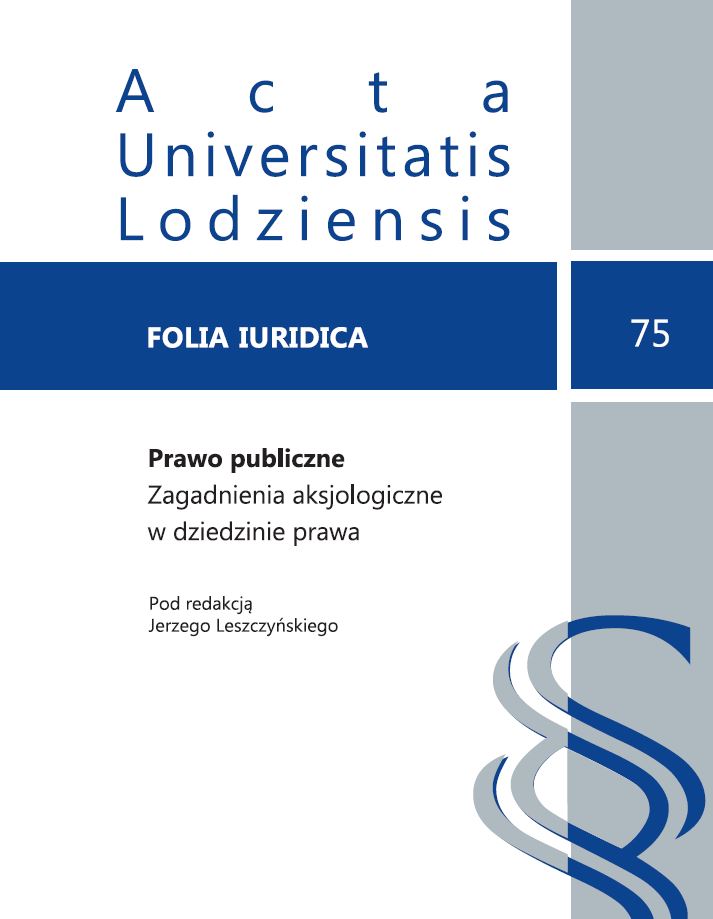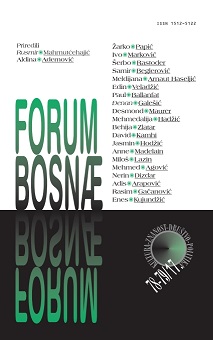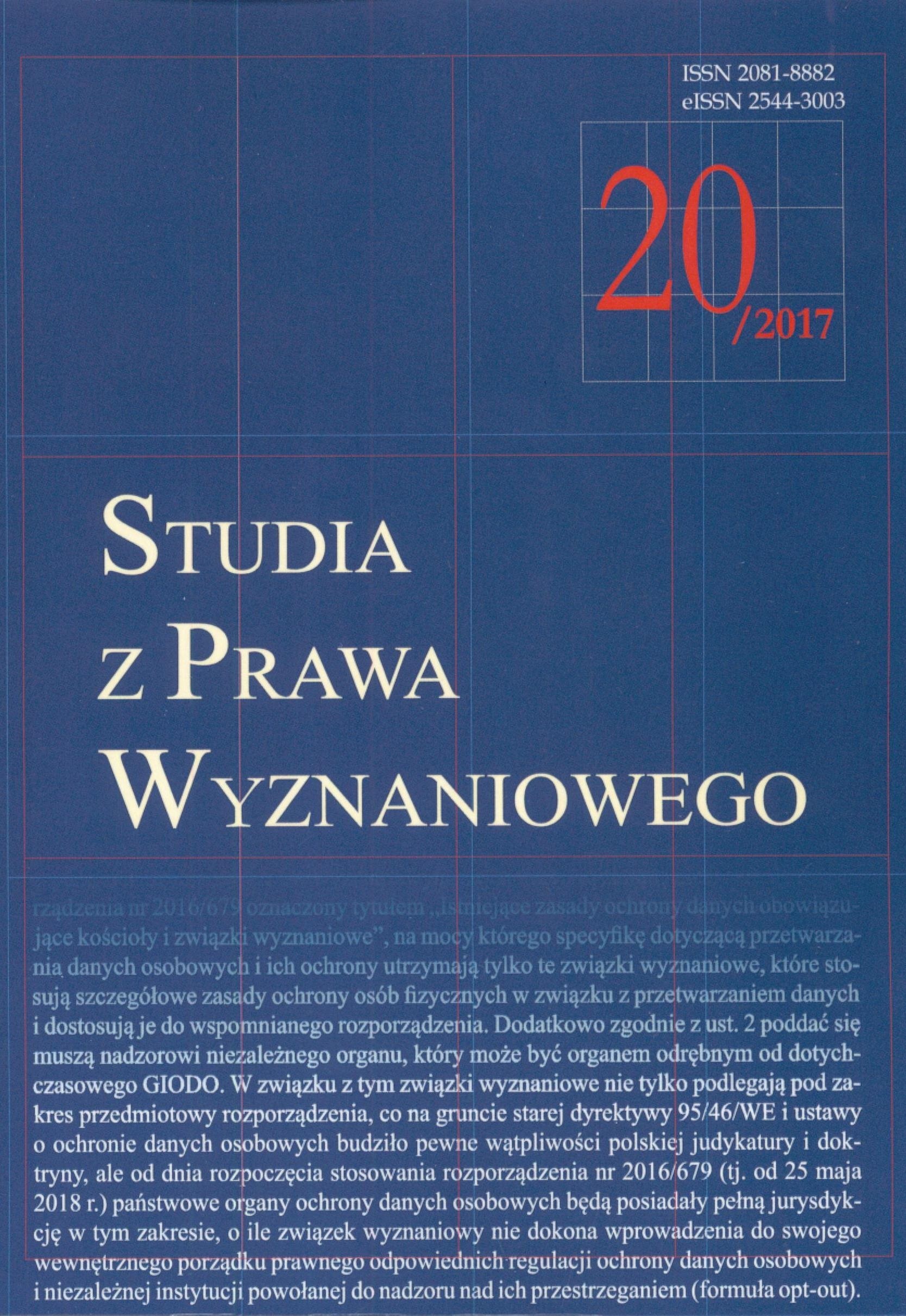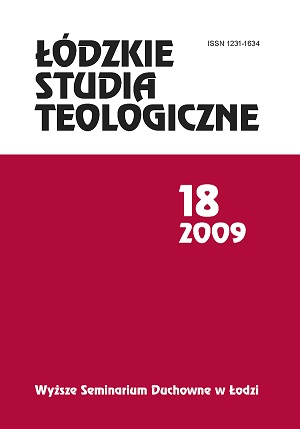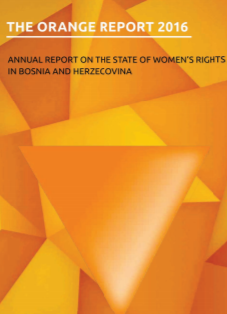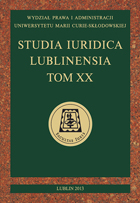
Przesłanki i tryb przejmowania obowiązków Prezydenta Rzeczypospolitej Polskiej w ramach tzw. władzy rezerwowej
The article concerns the conditions and procedures of the taking over the duties of the President of the Republic of Poland by the Marshal of the Sejm or by the Marshal of the Senate in two varianties according to the Article 131 of the Polish Constitution of 1997. First of them takes place if the President of the Republic is temporarily unable to discharge the duties of his office. The Constitution of 2nd April 1997 does not clearly determine the circumstances that warrant this situation but determines the procedure of the taking over the duties of the President of the Republic. In the event of the temporary inability to discharge the duties of the office the President of the Republic shall communicate this fact to the Marshal of the Sejm, who shall temporarily take over the duties of the President of the Republic or the Constitutional Court – on request of the Marshal of the Sejm – shall require him to temporarily perform the duties of the President of the Republic. The second variant takes place in the event of a vacancy in the office. Article 131 § 2 of the Polish Constitution determines the following situations where such a vacancy is deemed to occur: the death of the President of the Republic; the President’s resignation from office; judical declaration of the invalidity of the election to the Presidency or other reasons for not assuming office following the election; a declaration by the National Assembly of the President’s permanent incapacity to exercise his duties due to the state of his health, adopted by a majority vote of at least two- thirds of the statutory number of members of the National Assembly; dismissal of the President of the Republic from office by a judgement of the Tribunal of State. In such circumstances the Marshal of the Sejm shall discharge the duties of the President until the next President will be elected. Furthermore the article presents the analysis of issue of the scope of constitutional responsibility of the Marshal of the Sejm or Marshal of the Senate who discharge the duties of the President of the Republic.
More...
